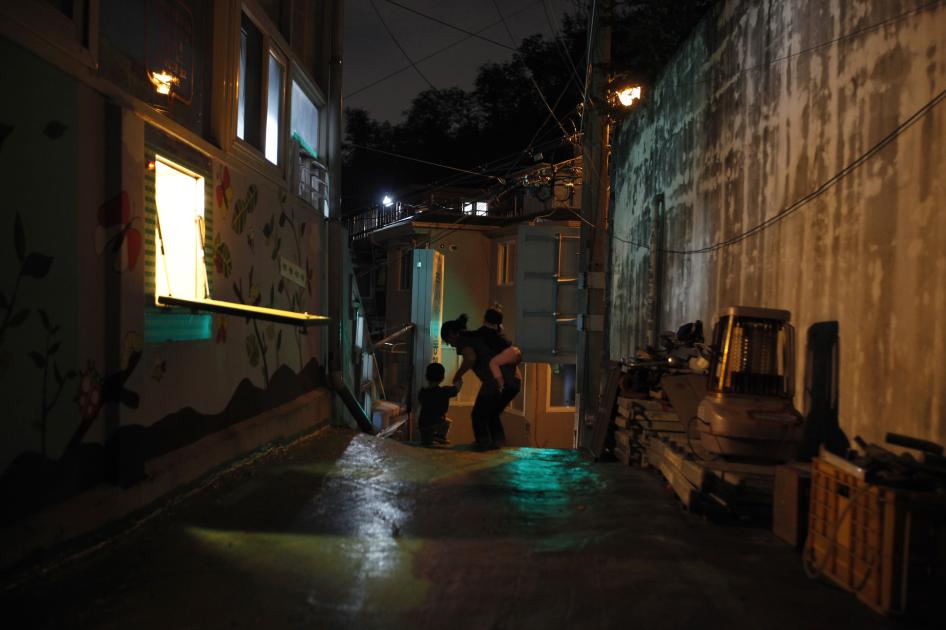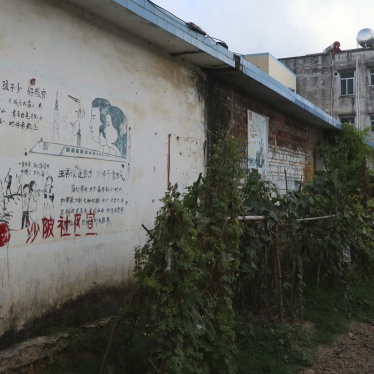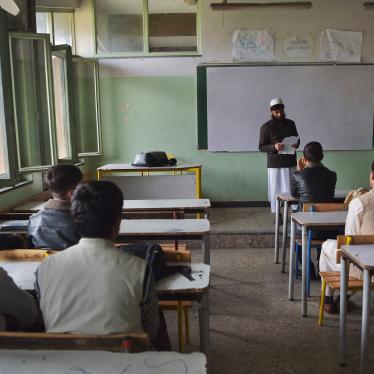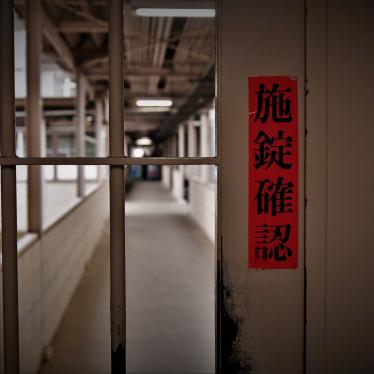South Korea’s National Assembly is rushing to approve a bill that would allow women to give birth anonymously at medical facilities. The bill, which pledges to protect women and children by tackling the issue of unregistered births, fails to address major factors that drive the incidence of births being unregistered, such as poverty and the stigma of single motherhood.
In South Korea, a birth is “unregistered” when a child is born but not reported to the local government. In June, the Ministry of Health and Welfare disclosed that 2,123 unregistered babies born in medical facilities between 2015 and 2022, were never registered by their parents. The investigation found that 249 were deceased and 601 had been abandoned. Another 4,000 children born to non-Korean mothers also went unregistered.
After the revelation, the National Assembly in June quickly passed an amendment to the Act on Registration of Family Relations, which makes medical facilities responsible for birth registration as of July 2024.
Women’s rights groups said, “most unregistered births result from patriarchal laws and systems, culture, and socioeconomic conditions,” and that South Korea’s woefully inadequate sexuality education and barriers to accessing abortion, though decriminalized in 2021, remain. The government also intends to abolish the Ministry of Gender Equality and Family, despite data showing that South Korea is lagging behind globally on women’s rights.
The bill undermines women’s rights to equality and nondiscrimination by perpetuating the stigma around single motherhood by offering anonymous births and child transfers as solutions to unwanted pregnancies and poverty, rather than addressing the needs of single mothers. The bill, if enacted, could further facilitate child abandonment, suggesting the government has learned nothing from past practice, when thousands of children with living parents were made “paper orphans” so they could be put up for adoption.
The government should take genuine measures to support women and children by ensuring access to comprehensive sexuality education and safe abortions, as well as childbirth and childcare. All women should have access to pre and postnatal care, and financial support and services to enable them to keep their children. The government is responsible for ensuring these systems are extended to all women, including immigrant women. It should also take proactive steps to combat the stigma single mothers and children with disabilities face. Such reforms could best protect South Korea’s women and their children.








